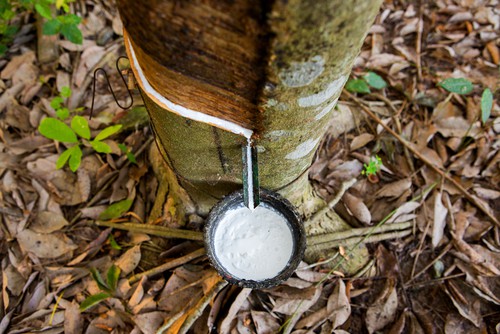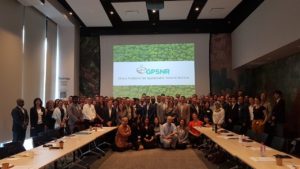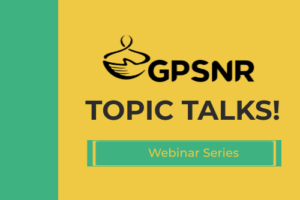Strategy and Objectives Working Group
Further to the receipt of several submissions in response to the Environmental Risk Study request for Proposals, the Strategy and Objectives Working Group has now selected the Proforest team, together with consultant Liza Murphy, to conduct the environmental risk study. The team will be reaching out to GPSNR members to have initial scoping conversations in support of the study.
The Equity Sub-Working Group has drafted a summary for the Living Income studies undertaken in Thailand and Indonesia next year. Pending approval from the Sub-Working Group and S&O Working Group Members, the summary will be released to all GPSNR members and a webinar will be held to present the responses.
Representatives from each of the platform’s other Working Groups have started to draft their Working Group’s Theory of Change. At the end of the month, the Strategy and Objectives Working Group will consolidate this information and develop a platform-wide Theory of Change.
‘Policy Toolbox’ Working Group
The Policy Toolbox Working group has received initial proposals for the development of Implementation Guidance request for proposals (RFP) and will be meeting to discuss and select a proposal.
The Working Group will be setting up focus groups for category members to participate in the development of the implementation guidance. The call to join will be in the newsletter and also in the other article to be published.
In the next weeks, the Working Group will also be developing a new RFP for a consultant to help refine the reporting requirements based on the BRR pilot done last year. The consultant will work to bring the questions into alignment with other reporting systems (e.g. CDP and Ecovadis) and ensure that the questions are phrased in a suitable manner.
‘Capacity Building’ Working Group
The Capacity Building Working Group conducted a webinar to share about the national CB strategies and recruit members to the national sub-groups.
‘Traceability and Transparency’ Working Group
The ‘Traceability and Transparency’ Working Group has now set up 3 sub-groups that will focus on different tasks: refining the WG theory of change, developing a definition of traceability and minimum acceptable levels of traceability, and developing a data collection process with Policy Toolbox Working Group members.
Smallholder Representation Working Group
The Smallholder Representation Working Group has completed logistical organization of the Smallholders caucus call, that will happen tomorrow, 25th February. The caucus call will allow sharing and collaboration among smallholders across national lines.






